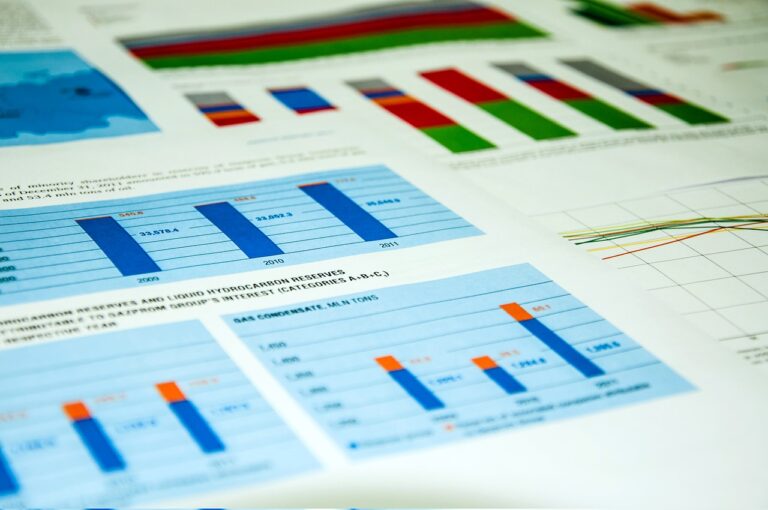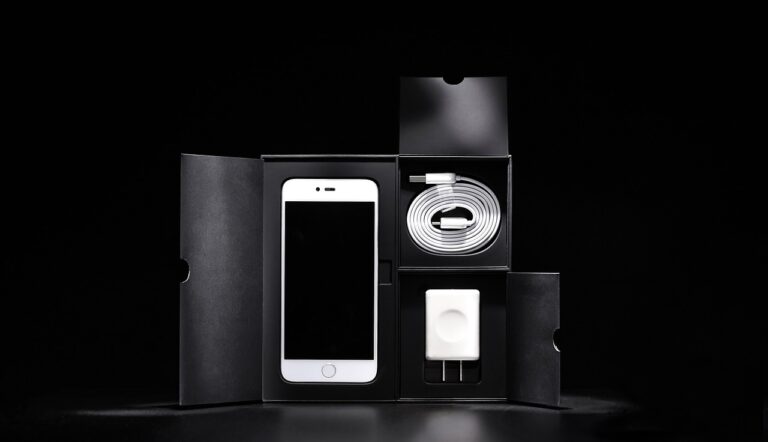Sustainable Practices in Building Services Engineering: Betbhai9 sign up, Playexchange login, Lotus365 vip login
betbhai9 sign up, playexchange login, lotus365 vip login: Sustainable Practices in Building Services Engineering
In today’s world, with increasing concerns about climate change and environmental sustainability, it is more important than ever for industries to prioritize sustainable practices. Building services engineering is no exception, as the construction and operation of buildings have a significant impact on the environment. By implementing sustainable practices in building services engineering, we can reduce energy consumption, minimize waste, and create healthier indoor environments for occupants.
Energy-Efficient Design
One of the key principles of sustainable building services engineering is energy-efficient design. This involves designing buildings that minimize energy consumption through the use of energy-efficient HVAC systems, lighting, and building envelope. By reducing energy use, we can lower greenhouse gas emissions and decrease the overall environmental impact of buildings.
Renewable Energy Integration
In addition to energy-efficient design, incorporating renewable energy sources is another important aspect of sustainable building services engineering. Solar panels, wind turbines, and geothermal systems can help buildings generate their own clean energy on-site, reducing reliance on fossil fuels and helping to mitigate climate change.
Water Conservation
Water conservation is another critical component of sustainable building services engineering. By implementing water-efficient fixtures, such as low-flow toilets and faucets, and utilizing rainwater harvesting systems, buildings can reduce water consumption and minimize strain on local water resources.
Waste Management
Proper waste management is essential for sustainable building services engineering. By implementing recycling programs, composting organic waste, and diverting construction waste from landfills, buildings can minimize their environmental impact and reduce overall waste generation.
Indoor Air Quality
Indoor air quality is an often-overlooked aspect of sustainable building services engineering. By using low-VOC materials, providing adequate ventilation, and regularly maintaining HVAC systems, buildings can create healthier indoor environments for occupants, reducing the risk of respiratory illnesses and improving overall well-being.
Smart Building Technology
Finally, incorporating smart building technology is another key practice in sustainable building services engineering. By using sensors, controls, and automation systems, buildings can optimize energy use, improve occupant comfort, and reduce operating costs.
FAQs
1. What are some benefits of sustainable practices in building services engineering?
– Reduced energy consumption
– Lower greenhouse gas emissions
– Minimized environmental impact
– Healthier indoor environments for occupants
2. How can buildings incorporate renewable energy sources?
– Installing solar panels
– Utilizing wind turbines
– Implementing geothermal systems
3. What are some examples of water conservation measures in building services engineering?
– Using low-flow toilets and faucets
– Implementing rainwater harvesting systems
– Reusing treated greywater for non-potable purposes
In conclusion, sustainable practices in building services engineering are essential for creating environmentally friendly and energy-efficient buildings. By implementing energy-efficient design, integrating renewable energy sources, conserving water, managing waste, improving indoor air quality, and utilizing smart building technology, we can create sustainable buildings that benefit both the environment and occupants. Let’s work together to make our buildings more sustainable for a greener future.







